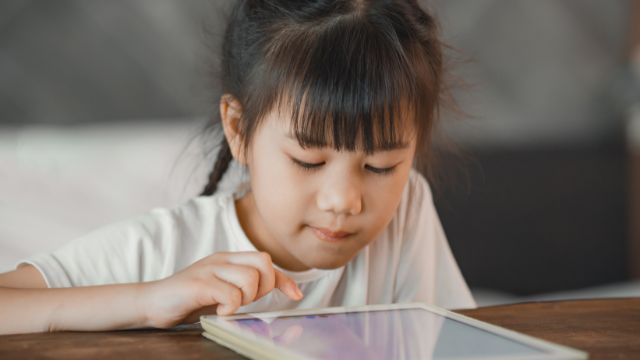Technology has been revolutionising the education sector for years, and tablets have, in recent years, played a huge role in this. Tablets are portable, versatile, user-friendly and tablet price tags are usually not too high, making them ideal tools for both students and teachers. From enhancing interactive learning experiences to fostering collaboration and creativity, tablets have opened up new horizons for education. Today, we will explore the innovative ways tablets are being used in the classroom to transform the learning process.
Innovative Ways Tablets Are Used In The Classroom
1. Interactive Learning
First and foremost, tablets have brought interactive learning to a whole new level. With their touch-screen interfaces and a vast array of educational apps, tablets allow students to engage with content in a more hands-on and immersive manner. Whether it’s solving math problems, exploring science simulations, or delving into historical events, students can actively participate in their learning journey. The interactive nature of tablets sparks curiosity and encourages exploration, making the learning process enjoyable and memorable.

2. Personalised Experience
Furthermore, tablets provide personalised learning experiences. Every student has their own unique learning pace and style. Tablets enable teachers to tailor content to individual needs, ensuring that each student receives a customised education. With adaptive learning apps and software, tablets can assess a student’s progress and adjust the difficulty level accordingly. This personalised approach helps students grasp concepts at their own pace, leading to improved learning outcomes and increased motivation.
3. Collaboration
Collaboration is another key aspect of education that tablets facilitate. With tablets, students can easily collaborate on projects and assignments. They can work together on shared documents, create presentations, and even collaborate remotely through video conferencing apps. Tablets encourage teamwork, communication, and problem-solving skills, essential for the 21st-century workplace. Moreover, collaborative learning enhances social interaction and fosters a sense of community within the classroom.
4. Creativity
Tablets also unleash students’ creativity. From drawing and painting to making music and creating videos, tablets offer a wide range of creative tools and apps. Students can express their ideas and showcase their talents in ways that were not possible before. Whether it’s designing digital artwork or composing a musical masterpiece, tablets empower students to unleash their imagination and explore their creative potential. This not only enhances their artistic abilities but also nurtures critical thinking and problem-solving skills.
5. Accessibility
One of the remarkable benefits of tablets in education is their accessibility. Tablets are portable and lightweight, allowing students to carry a vast amount of educational content wherever they go. This portability eliminates the need for heavy textbooks and other traditional learning materials. Tablets also provide access to a wealth of online resources, including e-books, videos, and interactive tutorials. This accessibility ensures that students have information at their fingertips, promoting continuous learning both inside and outside the classroom.
6. Efficiency
Moreover, tablets promote organisation and efficiency. With the help of productivity apps, students can manage their schedules, set reminders, and keep track of their assignments and deadlines. Tablets also enable teachers to streamline administrative tasks, such as taking attendance, grading assignments, and sharing resources. By reducing paperwork and automating routine tasks, tablets free up valuable time for both students and teachers, allowing them to focus more on meaningful learning experiences.
Of course, integrating tablets into the classroom requires careful planning and effective implementation. Adequate training and support for teachers are crucial to ensure they can effectively incorporate tablets into their teaching practices. Additionally, considerations regarding device management, internet safety, and equitable access for all students need to be addressed to maximise the benefits of tablet-based education.
Santosh Kumar, the author behind IndiasStuffs.com, is passionate about sharing valuable insights on a variety of topics, including lifestyle, technology, and Indian culture.
Page Contents

